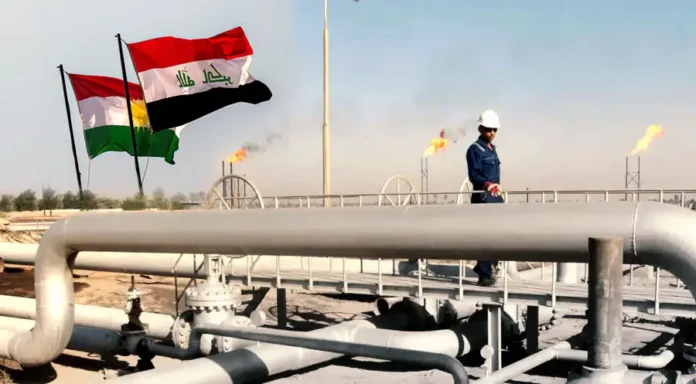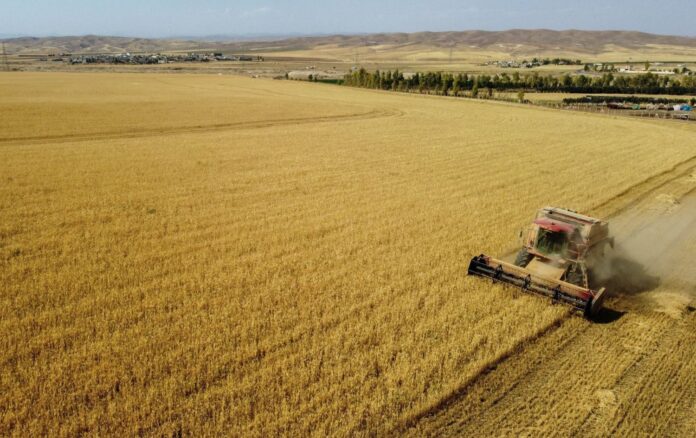The Kurdistan Region of Iraq has distributed over 21 million electronic payment cards, according to the head of the Iraqi Electronic Payment Project. Of these, approximately 12 million are actively used by citizens. The project involves 17 local and international companies, contributing to the implementation and expansion of electronic payment services.
POS (Point of Sale) machines have been installed across most government offices and businesses, facilitating the use of electronic payment cards. The primary users of these cards are employees and pensioners, who utilize them for salary deposits, shopping, and transactions at gas stations.
A significant shift has taken place in government transactions, as cash payments are no longer accepted in several key public offices, including those handling passports, traffic violations, taxes, justice, and healthcare services. All payments must now be made through electronic payment cards, as mandated by the Prime Minister’s decision.
The Electronic Payment Institute has launched an initiative called “We Will Reach You from Zakho to Faw” aimed at further expanding the reach of the electronic payment system. Plans are underway to extend the service to the cities of Erbil, Sulaimani, and Duhok, in collaboration with the branches of the Central Bank of Iraq.
On June 1, 2023, the Central Bank of Iraq officially introduced electronic payment services (POS) for both the public and private sectors, with the aim of strengthening the adoption of electronic payments and reducing reliance on cash. Furthermore, on December 17, 2023, the Iraqi Council of Ministers decided to officially implement the electronic payment system across the country, allowing citizens to conduct financial transactions in both government offices and the private sector using bank cards.
This initiative marks a significant step towards modernizing the financial infrastructure in the region and promoting a more efficient, cashless economy.


